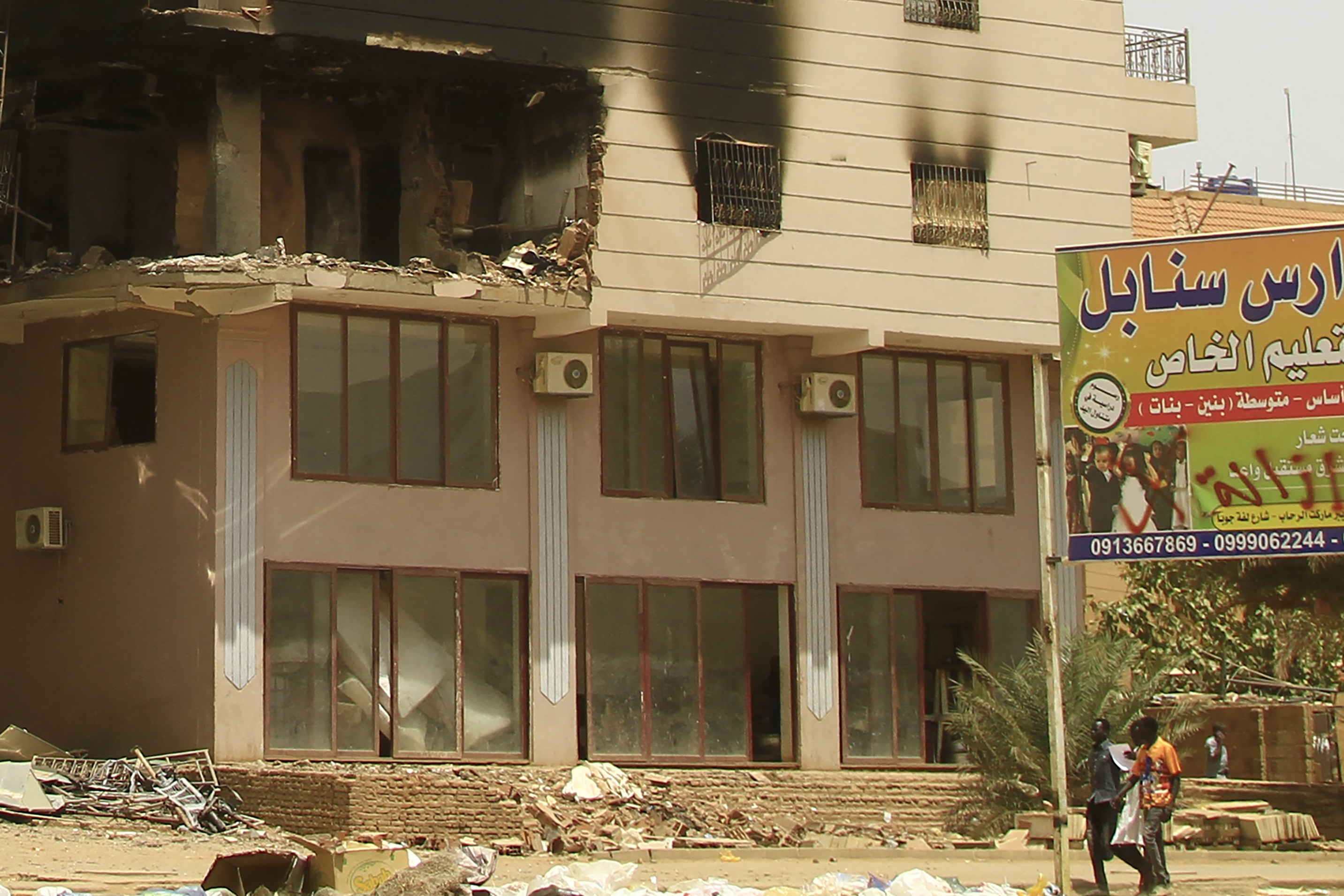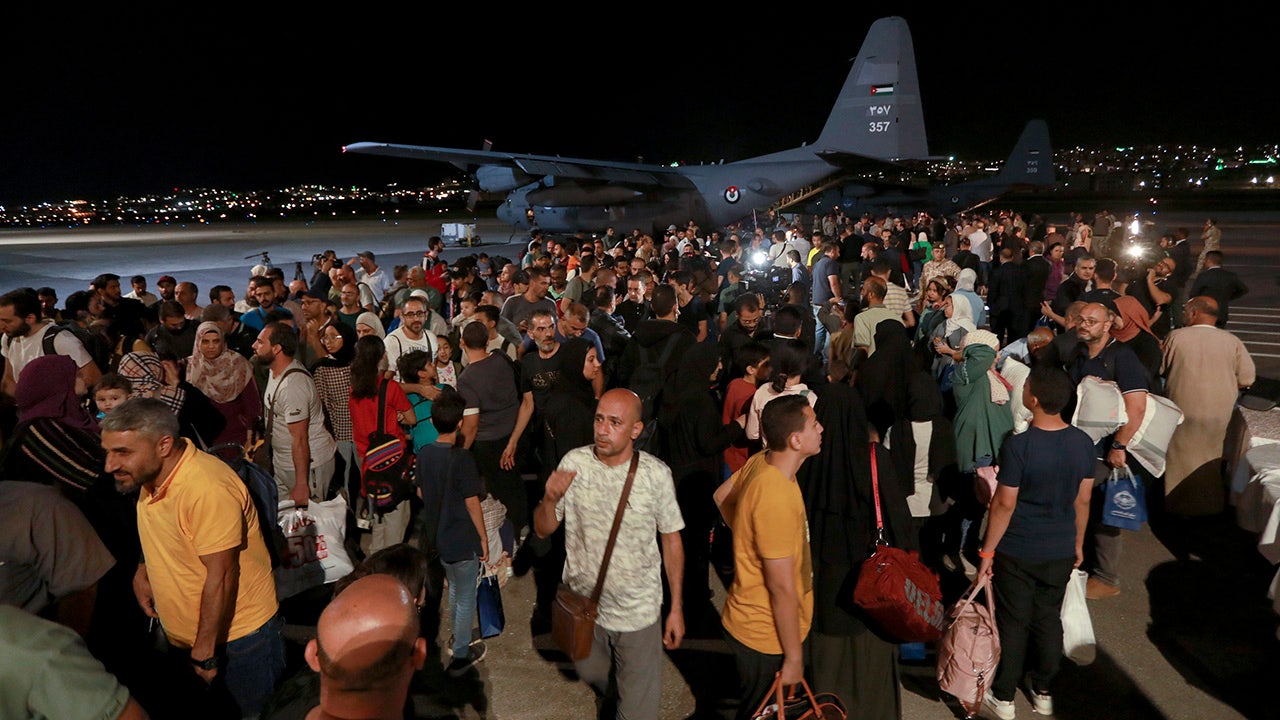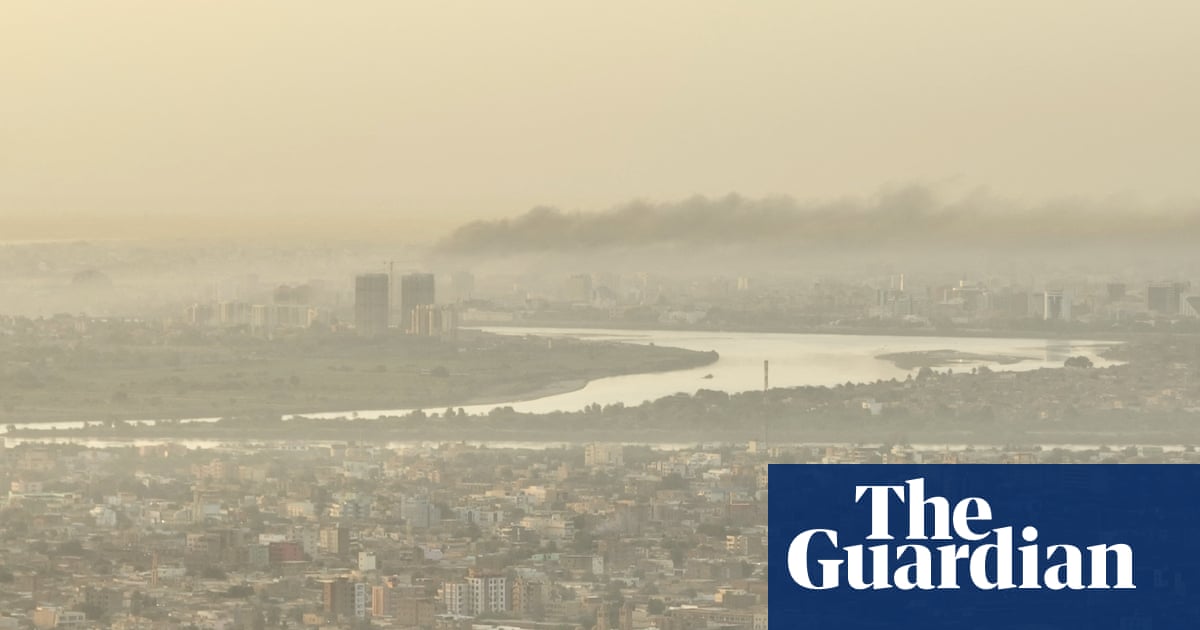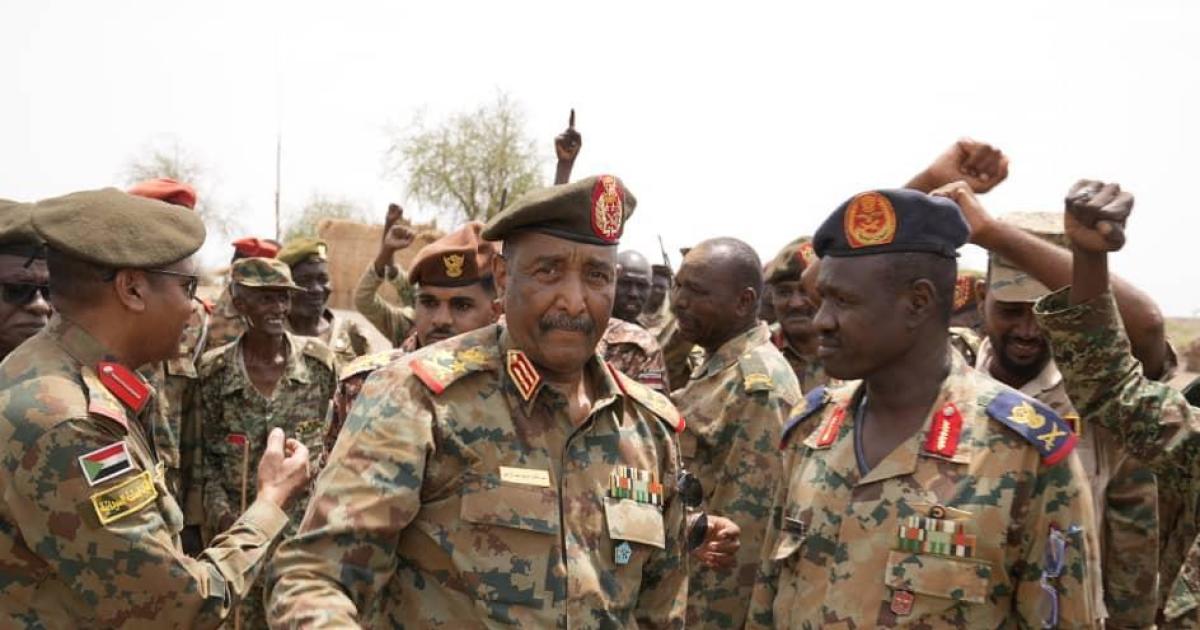Sudan: WHO Warns of 'High Risk of Biological Hazard' After Lab Seized

The Spin
Narrative A
Despite coming as no surprise to close observers, tensions between forces loyal to al-Burhan and Dagalo — former allies now turned foes — have slowly simmered under the oversight of several diplomatic actors that failed to coordinate divergent agents. While the US could indeed have been more diplomatically engaged in Sudan, its main mistake was surrendering leverage because it believed that regional powers would promote democracy in the country without Washington exerting any pressure.
Narrative B
While it's undeniable that al-Burhan and Dagalo are primarily responsible for the current fighting, the US may also be blamed for this outbreak of violence as, in 2019, it compelled civilian protesters to form a flawed transitional government with the military, thereby retreating from a long-awaited, decisive democratic push. Washington then continued to trust military leaders to introduce democratic government following a second coup in 2021. Even more harmful was the US-backed Sudanese security sector reform, which created competition between both generals — neither of whom wanted to give up power — which ultimately led to today's lethal conflict.













